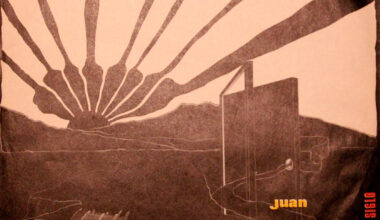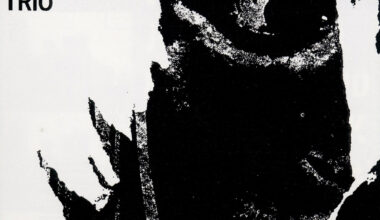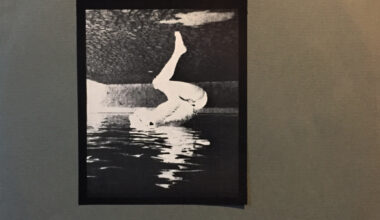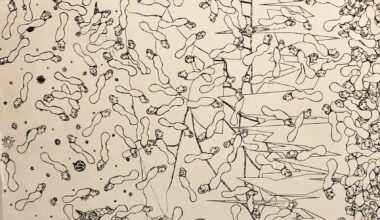Resident archivist Jack Dangers examines the discography of sound artist Ron Kuivila
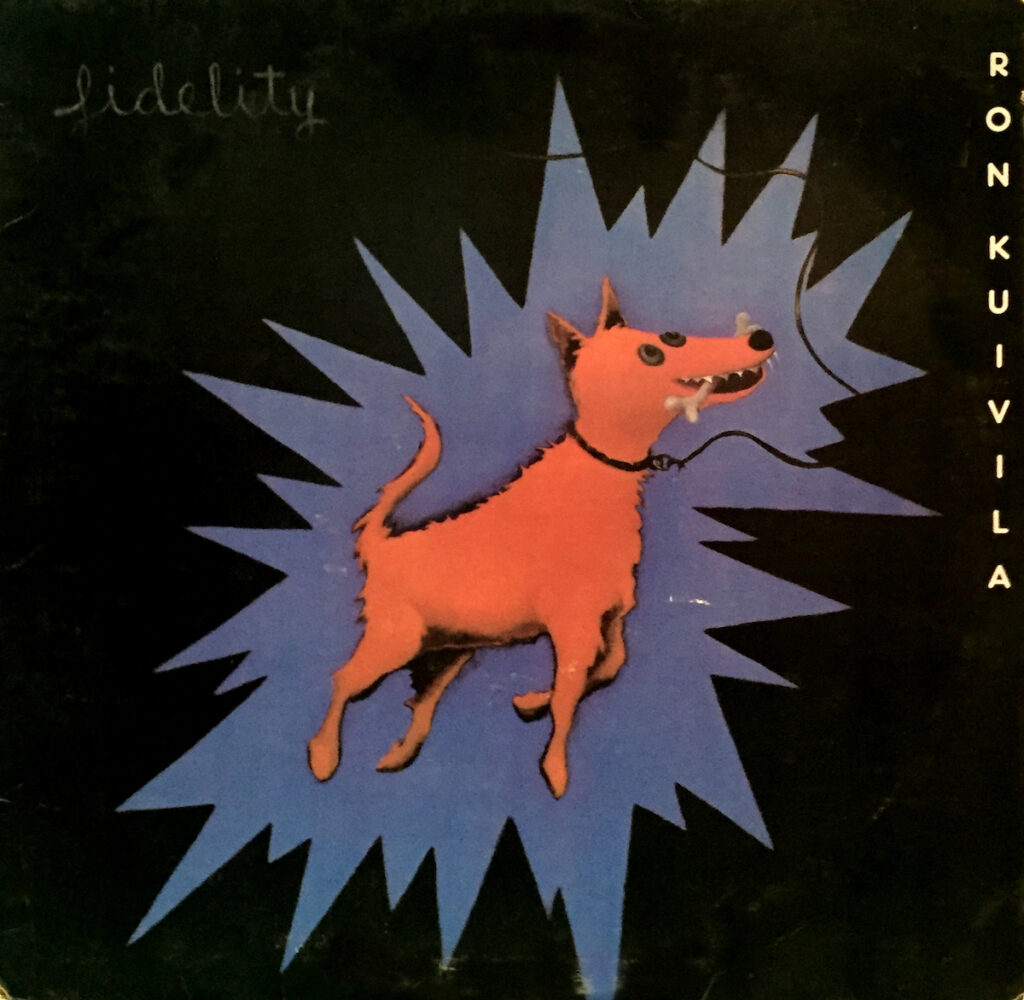
The album I’m looking at this month is called ‘Fidelity’ by Ron Kuivila, released in 1984 on Lovely Music. Kuivila was born in 1955, and is a professor at the Wesleyan University, teaching experimental music, computers in music, and studio recording. He’s also involved in the SuperCollider, the open-source software for real-time synthesis.
Kuivila studied under Alvin Lucier at the Wesleyan University, alongside Nicolas Collins, who described himself and Kuivila as “the twin idiot children of Alvin Lucier”. There’s another Lovely Music record called ‘Going Out With Slow Smoke’, released in 1982, and is a split release with Nicolas Collins.
‘Fidelity’ is a noisy record, which I really like. Side two has a long track in two parts called ‘TI Intends… (To Enforce Its Intellectual Property Rights To The Fullest Extent Permitted By Law)’. Part one is called ‘Frames’ and is this kind of droning, noisy 8-bit sound that lasts nearly eight minutes until it gets really thin and fades away. It’s great. It was recorded “at home”, I assume that means his home studio. Side one was made at the Public Access Synthesizer Studio (PASS) in New York City. He worked a lot with microprocessor chips, the kind that were turning up in speech synthesis toys.
There’s a piece called ‘Linear Predictive Zoo’ which appeared on a cassette magazine called TELLUS (#22 ‘False Phonemes’), which was produced by Harvestworks, the organisation that PASS is a part of. It’s a real riot of crazy noises, computer voices and squawks. Ron’s track was created with ”cheap speech synthesisers that use linear prediction”. The recording was made at a concert given at Roulette in New York City, in October 1987.
There’s not much else in his discography apart from a cassette album ‘Blurred Genres’ on a label called Slowscan. It was produced in a limited edition of 200. The sleeve notes, written by Ron read: “‘Blurred Genres’ is a cycle of pieces composed for the dance by Susan Foster. The pieces are all concerned with either just tuning systems or polyphony with complex (often times unpitched) timbres. Stylistically the first, third and fifth pieces are devoted to the sustained, unfolding sonorities only possible with electronic sound, while the others subject various musical conventions to stylistic abuse.”
Stylistic abuse seems an appropriate, and it’s great!

